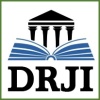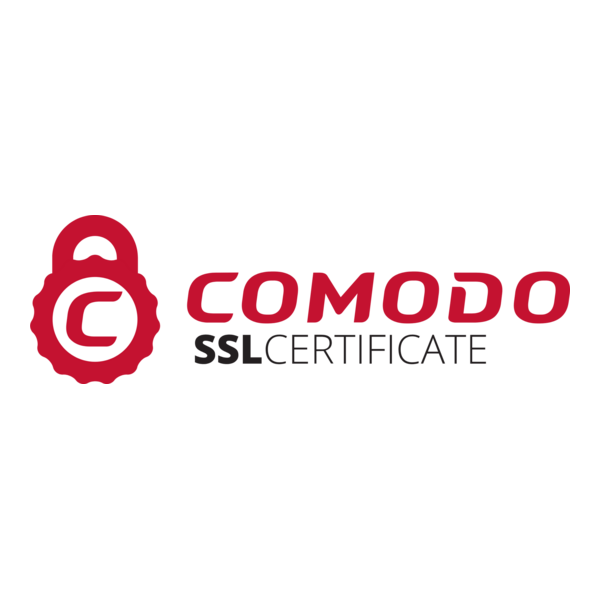PUBLICATION ETHICS
The publication of an article in a peer-reviewed journal is an essential element in the development of a coherent and respected body of knowledge. It is a direct reflection of the quality of the authors’ work and the institutions that support them. Peer-reviewed articles support and embody the scientific method. Therefore, it is important to agree upon standards of expected ethical behavior for all parties involved in the publishing process: the authors, the editors, the peer reviewers, the publisher, and the academic community. LPPM of Universitas Indraprasta PGRI as the publisher of EduBiologia: Biological Science and Education Journal takes its guardianship responsibilities over all stages of publishing seriously. We recognize our ethical and other responsibilities in ensuring that advertising, reprint, or other commercial revenue has no impact or influence on editorial decisions.
DUTIES OF EDITORS
Publication Decisions
The editor-in-chief is responsible for deciding which submitted manuscripts will be published. The decision to publish should be based on the validity of the work, its significance to researchers and readers, and its contribution to the journal’s scope. Editors may be guided by the editorial policies of the journal and constrained by legal requirements regarding libel, copyright infringement, and plagiarism. When necessary, editors may confer with other editors or reviewers to reach a publication decision.
Process Control
Editors must ensure that each manuscript is initially evaluated for originality using appropriate software. Manuscripts that pass this stage are then forwarded for double-blind peer review by at least one reviewer. Reviewers will provide recommendations to accept, revise, or reject the manuscript. The review period is generally 14 days, but may extend up to 21 days.
Fair Play
Editors evaluate manuscripts based on their intellectual content without regard to the authors’ race, gender, sexual orientation, religious belief, ethnic origin, citizenship, or political philosophy.
Confidentiality
Editors and any editorial staff must not disclose any information about a submitted manuscript to anyone other than the corresponding author, reviewers, potential reviewers, other editorial advisers, and the publisher, as appropriate.
Disclosure and Conflicts of Interest
Unpublished materials disclosed in a submitted manuscript must not be used in an editor’s own research without the express written consent of the author.
DUTIES OF REVIEWERS
Contribution to Editorial Decisions
Peer reviewers assist editors in making editorial decisions and may also help authors improve their manuscripts through constructive feedback.
Promptness
Any selected referee who feels unqualified to review a manuscript or knows that timely review will be impossible should promptly notify the editor and withdraw from the review process.
Confidentiality
Manuscripts received for review must be treated as confidential documents. They must not be shown to or discussed with others except when authorized by the editor.
Standards of Objectivity
Reviews should be conducted objectively. Personal criticism of the author is inappropriate. Reviewers should express their views clearly, supported by arguments.
Acknowledgment of Sources
Reviewers should identify relevant published work that has not been cited by the authors. Any statement that an observation, derivation, or argument has been previously reported should be accompanied by the appropriate citation. Reviewers should alert the editor to any substantial similarity or overlap between the manuscript under consideration and other published works of which they are aware. Disclosure and Conflicts of Interest Privileged information or ideas obtained through peer review must be kept confidential and not used for personal advantage. Reviewers should not evaluate manuscripts in which they have conflicts of interest resulting from competitive, collaborative, or other relationships with any of the authors, companies, or institutions involved.
DUTIES OF AUTHORS
Reporting Standards
Authors of original research reports must present an accurate account of the work performed as well as an objective discussion of its significance. Underlying data should be represented accurately. The manuscript should contain sufficient detail and references to enable others to replicate the work. Fraudulent or knowingly inaccurate statements constitute unethical behavior and are unacceptable.
Data Access and Retention
Authors may be asked to provide the raw data of their study for editorial review and should be prepared to make such data publicly available, consistent with the ALPSP-STM Statement on Data and Databases. Authors should also retain such data for a reasonable time after publication.
Originality and Plagiarism
Authors must ensure that their work is entirely original. If the work and/or words of others are used, they must be appropriately cited or quoted. Multiple, Redundant, or Concurrent Publication Authors should not publish manuscripts describing essentially the same research in more than one journal or primary publication. Submitting the same manuscript to multiple journals concurrently is unethical and unacceptable.
Acknowledgment of Sources
Proper acknowledgment of the work of others must always be given. Authors should cite publications that have been influential in determining the nature of the reported work.
Authorship of the Paper
Authorship should be limited to individuals who have made significant contributions to the conception, design, execution, or interpretation of the reported study. All such contributors should be listed as co-authors. Others who have contributed in substantive ways should be acknowledged or listed as contributors. The corresponding author must ensure that all appropriate co-authors are included, that all co-authors have approved the final version of the manuscript, and that they agree to its submission for publication.
Hazards and Human or Animal Subjects
If the work involves chemicals, human participants, animals, microbes, or equipment with unusual hazards, authors must clearly identify these in the manuscript.
Disclosure and Conflicts of Interest
All authors must disclose any financial or other substantive conflicts of interest that might influence the results or interpretation of their manuscript. All sources of financial support must be acknowledged.
Fundamental Errors in Published Works
When authors discover significant errors or inaccuracies in their published work, they must promptly notify the journal editor or publisher and cooperate to retract or correct the paper.














